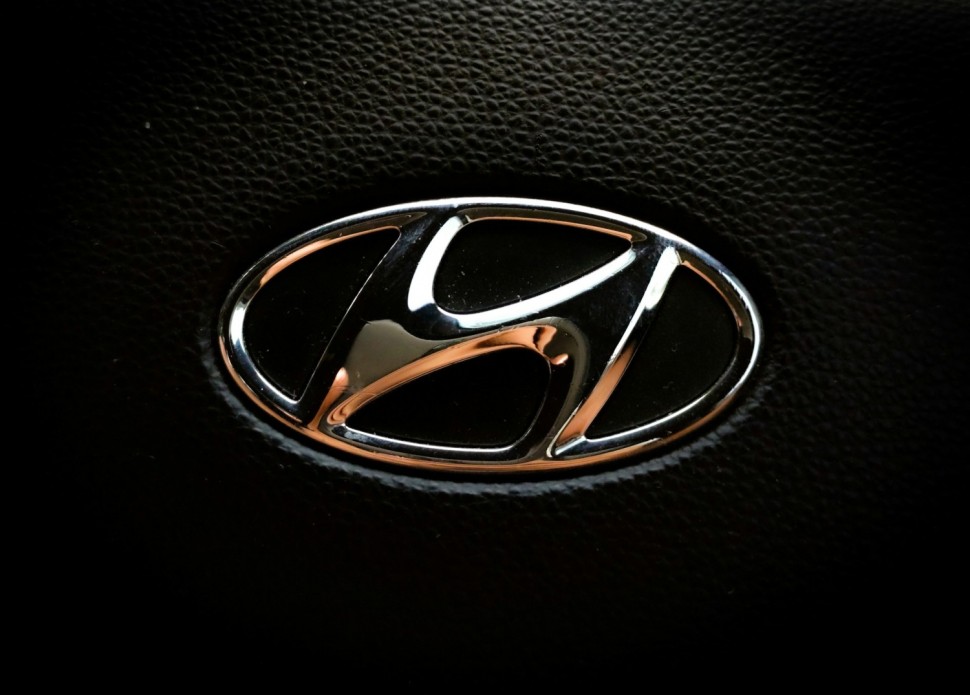Hyundai Faces Lawsuit Over Child Labor Allegations
The automotive world is currently witnessing a significant legal battle. The Department of Labor (DOL) has filed a lawsuit against Hyundai. The case centers around a manufacturing plant in Alabama. Shockingly, it involves a 13-year-old working on an assembly line.

Child Labor at the Forefront
The situation came to light when it was revealed that a young girl worked 50 to 60 hours a week. This job took the place of her attending middle school. Instead of focusing on her education, she spent months making automobile parts in Luverne, Alabama.
Legal Actions and Demands
In response, the Labor Department has taken firm action and requested a court intervention. They aim to stop Hyundai and two other companies from employing children. Additionally, there's a push to strip these companies of profits gained through such labor practices. According to the DOL, consumers across America have unknowingly supported this practice. They bought cars made with parts produced by underage workers.
Hyundai's Response
Hyundai has voiced its stance on the matter. The company asserts it holds high labor standards and opposes child labor and any form of labor law breach. After conducting an extensive investigation, Hyundai took immediate action to rectify the situation. Furthermore, Hyundai is preparing to defend its position. They argue there is no legal basis for the claims made against them.
The Broader Implications
This lawsuit does not only concern Hyundai. It signifies a robust approach by the DOL. They insist on accountability, even when companies try to shift the blame to suppliers or staffing firms. With child labor violations on the rise, this case could set a precedent. Last year, the Labor Department investigated hundreds of cases. They found thousands of children working in violation of labor laws, some in hazardous jobs.
A Turning Point for Industry Standards
This legal battle puts manufacturing ethics under the microscope. It questions the responsibility of big name companies in supervising their supply chains. The outcome may reshape how businesses ensure compliance with labor laws. It challenges them to maintain transparency and ethical practices.
Ongoing Investigations and Consumer Awareness
The spotlight on Hyundai might encourage consumers to think more about the origins of the products they purchase. The auto industry and manufacturing sectors are under watch as the legal proceedings unfold. They must navigate the complexities of labor laws and human rights in their operations.
This case against Hyundai is more than a legal challenge. It calls for change in how companies manage operations and oversee suppliers. It underscores the need for stringent adherence to labor laws and employment practices to protect the most vulnerable. It also sets a precedent for how child labor violations will be addressed in the future.




